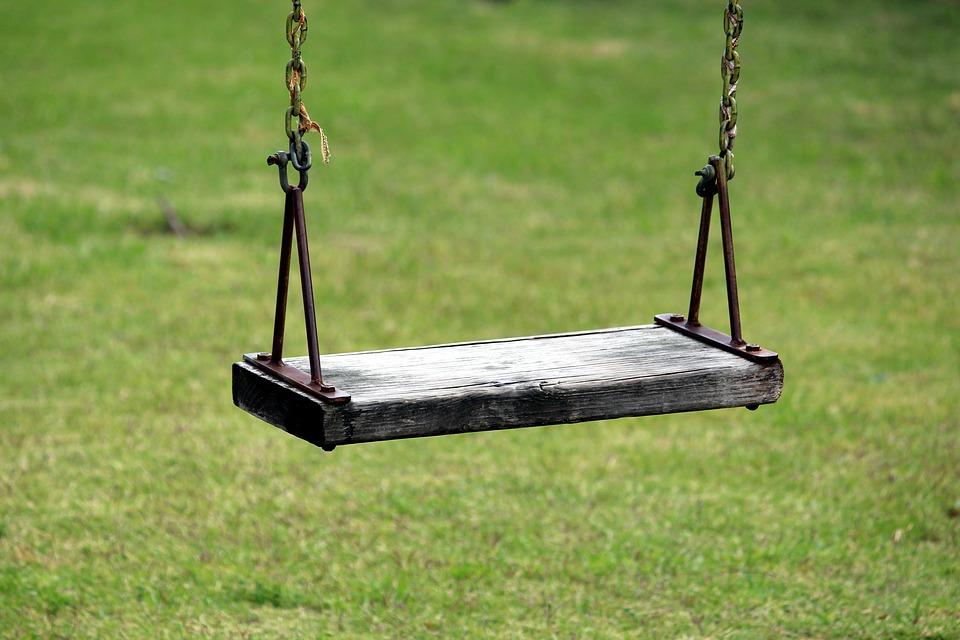Various factors have contributed to childhood sexual abuse being one of the most underreported crimes, including the fact that over ninety percent of all childhood sexual assaults are perpetrated by a person personally known to the child or their family. And while the underreporting prevents us from knowing exactly how prevalent these heinous crimes are,…
Continue reading ›Immediate Response!










